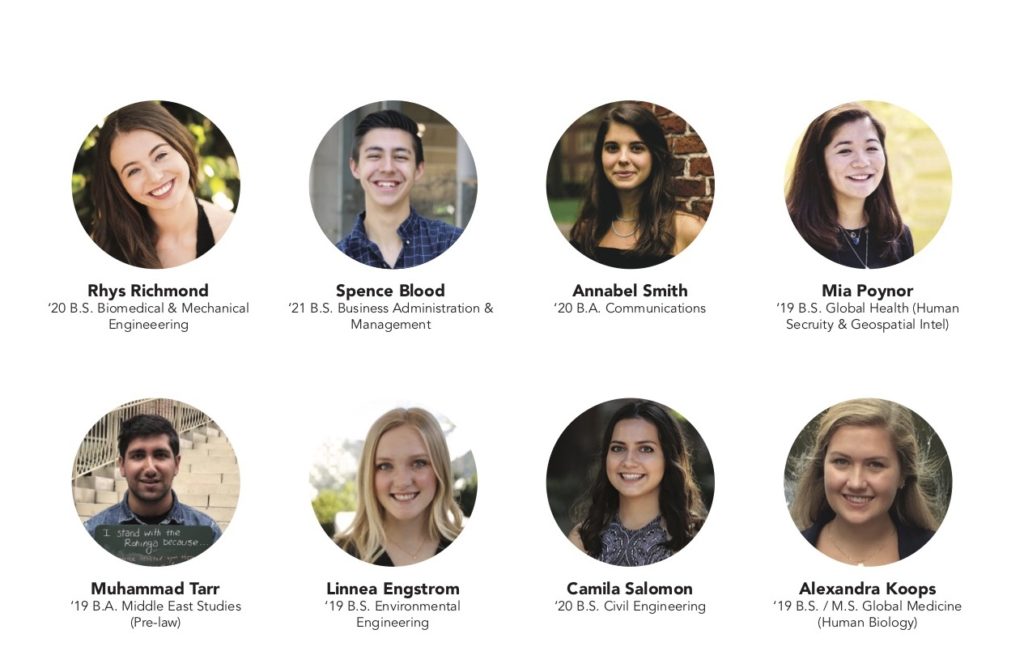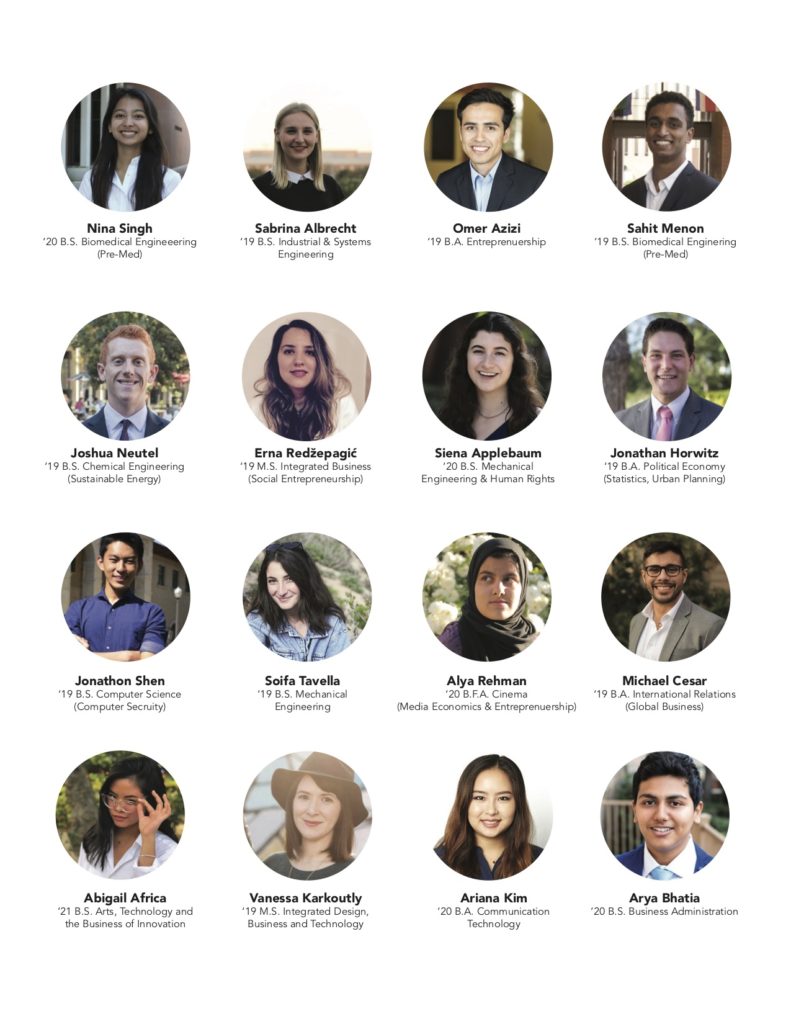Recently, for an icebreaker, I was asked what my theme song was. I had trouble answering the question because I didn’t think any of the music I listened to really represented me. After mulling it over for a while, I said the Chicago Bulls Intro Music – the one they play at the United Center, a song that was particularly iconic during the Michael Jordan era.
Sirius, by the Alan Parsons Project, is one of those songs that will get you going – if you’re patient. It starts off mellow, with an undulating synth melody. In time, you hear intermittent guitar chords that reverberate powerfully throughout your entire body. Soon enough, the song develops into an orchestral ensemble of rock music that for me, would represent the word “galvanize” if there were a such thing as a music-to-word dictionary.
This final academic year at USC is particularly special to me. In many ways, it is my last hurrah. I feel a connection to the Chicago Bulls Theme because I believe I have lived through the mellow introduction and the guitar chord build up at the song’s exposition. If my freshman and sophomore year were grouped in an era, I would refer to it as “adjustment.” My junior year was not nearly as tumultuous. It seems as though it is time for me to embody the magnificent finale.
One piece of that final ensemble is a unique opportunity called the USC Virtual Refugee Exchange Initiative (VREI). I, along with 25 other students, am privileged to compose the first cohort of this program which aims to improve the lives of refugee camp residents living in Lesvos, Greece. We hope to do so by prototyping a product, service, or program over the course of an academic year. The applications for such prototypes can be in various domains – medicine, community building, trauma relief, infrastructure, and legal guidance are just a few of the many arenas where our efforts may land. The ultimate aim is to make the refugee experience more bearable by identifying pain points and cultivating solutions to alleviate such pains.


We have the privilege of conducting this work with the help of three fantastic instructors, Dr. Berçin Becerik–Gerber, Dr. David Gerber, and Brad Cracchiola. Also, this course would not be possible without the creativity and effort of Daniel Druhora, who coordinated this program and ensured that we could visit the refugee camps to develop user-centered products. You can learn more about their background here: https://uscvrei.com/team/
Under their guidance, five teams within the cohort will work to build their own prototypes, with the aim to implement a minimum viable product (MVP) in a refugee camp by the end of the school year. Each team is partnered with two global partners, who have lived as refugees and can provide valuable insight into the inner workings of the refugee camp. Most cohort members have not been exposed to such experiences. As such, the wisdom from these partners are invaluable. Our global partners live in Greece, Germany, Norway, and Spain. Here’s more about them: https://uscvrei.com/global-partners/
Currently, half the cohort–myself included– is in Lesvos with the intent to work in Kara Tepe and Moria, two of the main refugee camps in the area. We are here for seven days. Our goal is to provide humanitarian aid, and also to talk to the refugees so we can understand at least some of the struggles they are facing in the short time we are here. We are also establishing connections with NGOs, government, and community leaders because we know we cannot embark on this endeavor alone. Mr. Tasos, for example, is an individual working for ETAL, a development company in Lesvos that is working to help recent migrants and mitigate some of the strain that the island is experiencing as a result of the refugee influx. With his help, we have secured visits to the camps and meetings with other stakeholders. In order to help the refugees, we must truly be active members of the community in every which way we can.
Bernard Amadei, the founder of Engineers Without Borders (EWB) who is here with us on this journey, mentioned that the first step before addressing any problem is to learn. His motto, “to be of service,” really resonated with me and the rest of the group when he discussed his experiences in working with refugee communities. We know we cannot solve any problem before listening intently, and exercising empathy when hearing the difficulties the refugees are facing. In doing so, we can only hope to develop a social innovation that does good for the communities we are working with.
After experiencing the first few weeks of USC VREI and traveling to Lesvos, I have realized that Sirius is not my theme song, but it is my cohort’s theme song. I have never felt so proud to work alongside some of the most versatile, talented, and cultured people. Together, we are learning to play our instruments in synchrony in an effort to make a conscious impact in the best way we can.
For real time updates, please follow @uscvrei on Instagram, and check out our website at www.uscvrei.com. Stay tuned for the journey ahead.